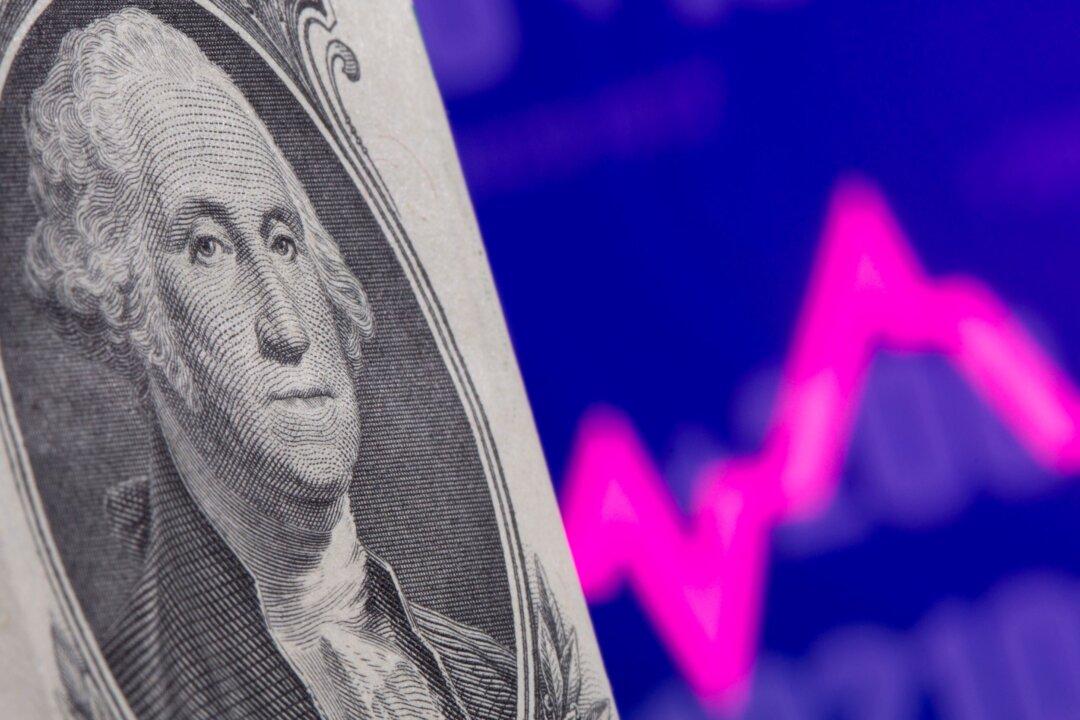Inflation picked up its already red hot pace in October, with the Commerce Department reporting today that the headline Personal Consumption Expenditures (PCE) index surged 5.0 percent over the year, vaulting to a level not seen since 1990 and reinforcing broader concerns about the persistence of inflationary pressures.
Meanwhile, the core PCE inflation index, which excludes the volatile categories of food and energy and is the Federal Reserve’s preferred inflation gauge for calibrating monetary policy, rose in the year through October at 4.1 percent, the fastest pace since 1991.





